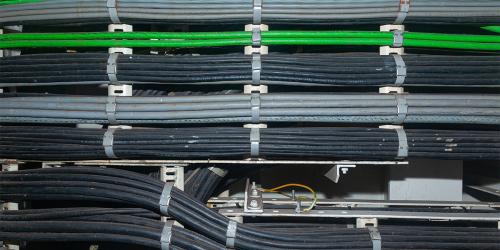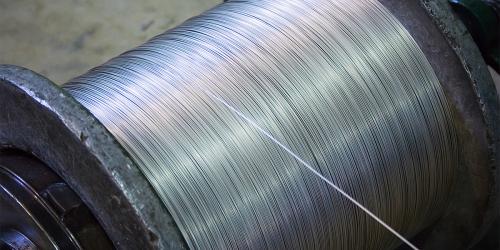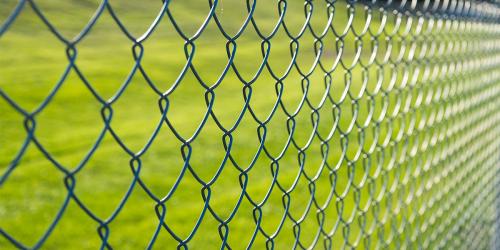"Aluminium or stainless steel?" is a common question we get asked when discussing product options with our customers. The simple answer is that if one was significantly better than the other, then all products would be made from either aluminium or stainless steel. However, as is often the case, both have their advantages and disadvantages.
Therefore, at BS Fixings, we review both options for most of our product ranges. We often provide both aluminium and stainless steel alternatives, to suit any customers' needs. Generally, it's a cost versus performance decision that needs to be made. Sometimes a lower cost material is perfectly adequate for the job at hand. Often, there is no need to spend more on a product that is ultimately over-specified for the project.
Does weight = strength?
It's often assumed that aluminium is more expensive, but when you compare prices per KG, they can be remarkably similar. However, aluminium can work out cheaper for similar products, as the weight of aluminium used is less. Stainless steel is about 3 times heavier than aluminium, so a comparable product could work out at 3 times more expensive for the metal components which will be reflected in the final product price.
Stainless steel is much stronger than aluminium, so for many products it is the preferred option. However, stainless steel is significantly heavier than aluminium, so the strength comes at a cost in weight. This is not ideal if weight is an influencing factor such as components for cars, airplanes or even bicycles, where performance is hindered by excessive weight.
Aluminium is softer and more malleable than stainless steel which makes aluminium much easier to work with. It is easier to stretch, cut and mould into required shapes than stainless steel and it will flex and bend into shape without breaking as easily. Here at BS Fixings, we stock several similar products in aluminium and stainless steel such as our Insulation Hangers. We know from conversations with our customers that some of them who use insulation hangers like to be able to bend them, and aluminium lends itself better to this.
Conductivity sparks debate
If conductivity is important to you, then stainless steel is probably not going to be right. It is a relatively poor conductor of electricity, whereas aluminium is an exceptionally good electrical conductor. Similarly, when it comes to heat, aluminium is a better conductor although stainless steel can be used at higher temperatures than aluminium; aluminium tends to soften at higher temperatures.
Stainless steel contains chromium which makes it more corrosion resistant than aluminium. The chromium is added as an agent to provide corrosion resistance to the steel. Also, stainless steel is non-porous which increases the corrosion resistance properties. When aluminium is oxidized, its surface will turn white and will sometimes pit. In some extreme acidic or alkali situations, aluminium can corrode rapidly.
One final difference which is probably not applicable to most of our customers is the fact that stainless steel is less reactive with foods. Aluminium can react to foods which may affect the colour and flavour of the food. So do not hang your steaks on our aluminium Self-Adhesive Insulation Hangers when you have your next BBQ!
If you want any further assistance regarding stainless steel versus aluminium, just give our sales team a call on 03330 117818.






